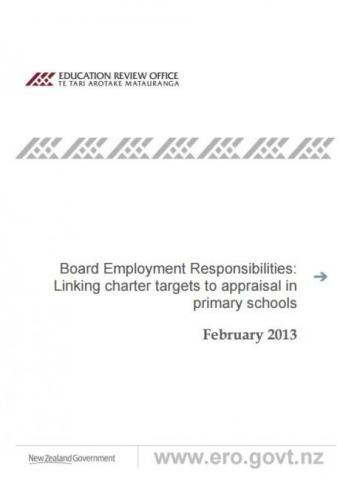Guidance and Counselling in Schools: Survey Findings
Published: 30 Jul 2013
This report presents the findings of three online surveys about the current provision of guidance and counselling in schools with students in Years 9 to 13. This is the first phase of work being undertaken by ERO as part of the Prime Minister’s Youth Mental Health Project.
- Audience:
- Parents
- Schools
- Content type:
- Research
- Topics:
- Guidance
- Counselling
- Child wellbeing

















